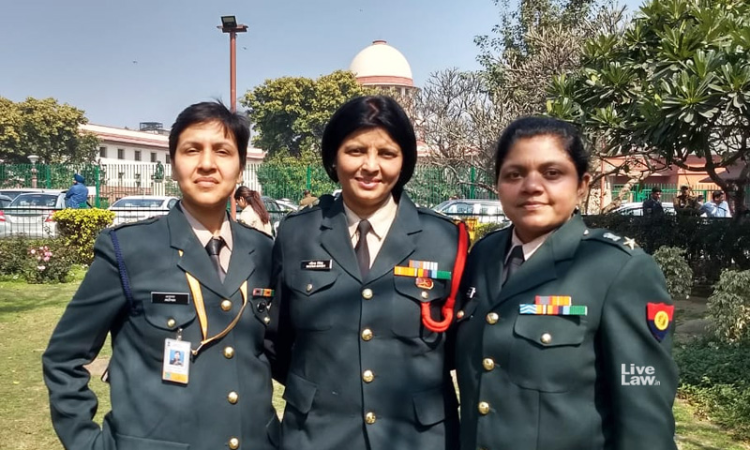Women In Army : How SC Rejected Centre's Arguments Based On 'Sex Stereotypes'?
LIVELAW NEWS NETWORK
17 Feb 2020 8:57 PM IST

Next Story
17 Feb 2020 8:57 PM IST
The Supreme Court has delivered a landmark verdict holding that Women Short Service Commission Officers in the Indian Army are entitled to Permanent Commission at par with their male counterparts, regardless of their years of service. The Apex Court also held that confining women officers to only "staff appointments" by denying them command assignments is a violation of equality principle...
